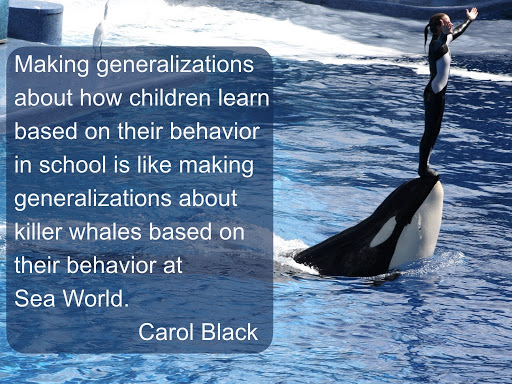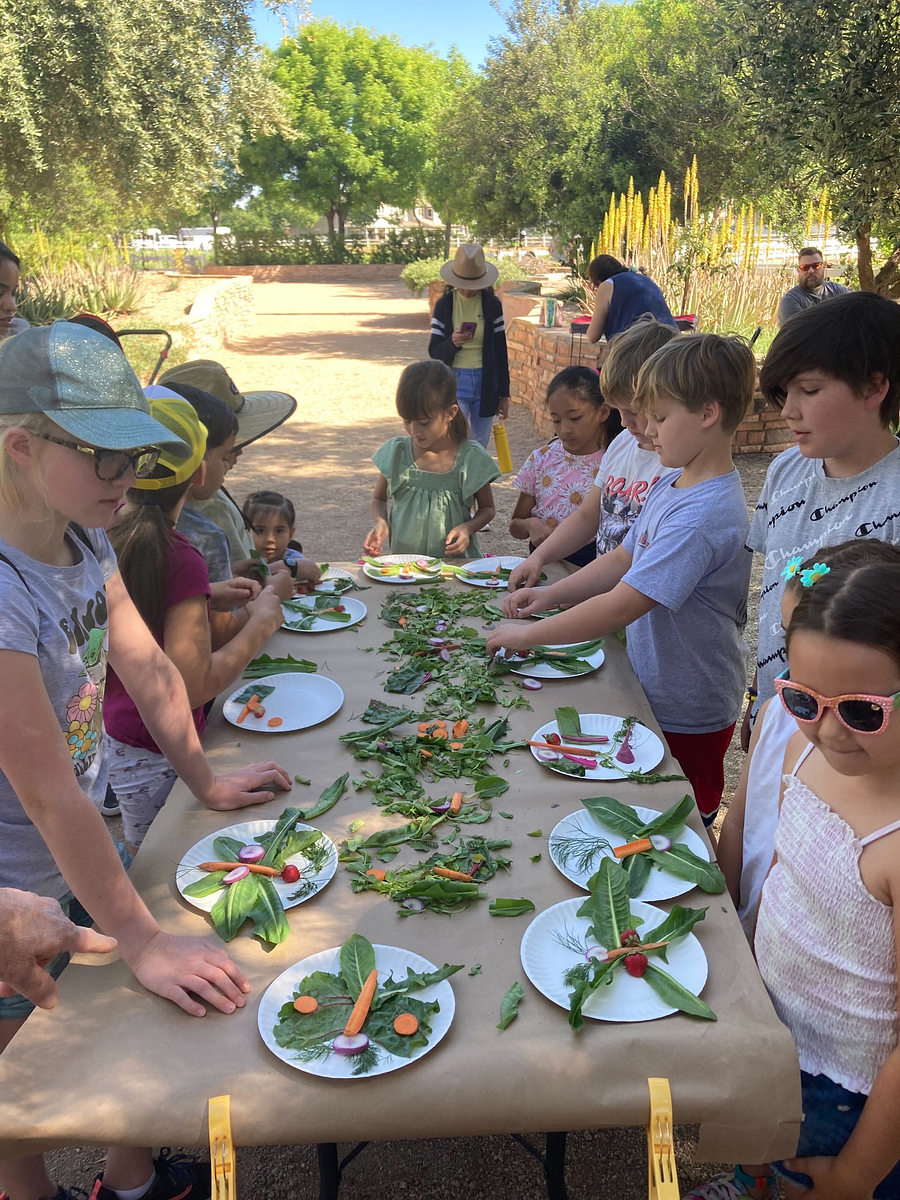"Adults follow paths. Children explore. Adults are content to walk the same way, hundreds of times or thousands; perhaps it never occurs to adults to step off the paths." -- Neil Gaiman, The Ocean at the End of the Lane
I lead Project-based Learning and Social and Emotional Learning workshops around the country helping educators make the shift to student-centered inquiry. I’m convinced that we don’t need to prepare students for “someday,” but that they should be doing meaningful work right now! And I recognize that veteran homeschool and colearning families “get it” when it comes to finding ways to highly personalize education. All parents are now beginning to reflect on what it means to support their own children’s learning in a whole new way.
Covid-19 blew up the path.
Remote learning forced everyone to adapt virtually every aspect of school. Standardized testing was eliminated for the year. Colearning at home became the new norm. It was not done in a thoughtful approach, but out of traumatic necessity. For schools, many “assignments” became self-guided and optional as grades could not legally be assessed. The “innovative” shift in approach reflected what colearning parents have known for decades. You can not force learning, but kids are naturally inquisitive when presented with interesting questions and freedom to pursue them.
Paths
As I work with schools around the country, I notice most districts follow the same paths:
-
Curriculum
-
Testing and test prep
-
Standards
-
Same age classrooms
-
Textbooks
-
Lesson plans
-
Daily objectives
-
Desks in rows
-
Common assessments
-
District pacing guides
-
Siloed subjects
-
Grade level expectations
Not saying that these are all horrible things that should totally be eliminated (although I could make a strong argument for most of them), but I think they fit Gaiman's analogy in that adults are so locked into them. Not only are schools "content to walk the same way", but they freak out a bit inside if students are not on pace and on track. Teachers are ready to scold kids to "get back on the path!" as soon as they venture sideways.
How much time and energy is spent making sure that all of the adult expectations of what learning is supposed to look like are satisfied vs. meeting the needs of our children?
Now I realize that these two things are not mutually exclusive. All of the things in the list were originally designed with the intention of assuring high quality education for all students. But learning must be fluid and personalized for individual students. Colearners realize that there is no one golden path that leads all children to learning nirvana. Trusting children sanctions them to grow in healthy ways and become their best selves.
Exploring
The Neil Gaiman quote reminded me of the long essay by Carol Black, A Thousand Rivers (a water theme connection?). Black argues for a return to holistic learning based on the community model of indigenous peoples. "Any Cree parent knows that you can tell when a child is ready for something because he will begin to ask questions about it. You can’t control the timing of this, and there is no reason to."
Why do children leave the path? Because they see something interesting.
Isn't that what learning is? Pursuing knowledge because we are fascinated by it. Sometimes the path is boring. Oftentimes children have no idea where the path is going (no, writing the objective on the schedule and sticking to the refrigerator doesn't address this). Usually there are other routes to get to the same place other than the school sanctioned path. Colearning has been brave enough to trust their children as they naturally wander through the woods. They understand that children will reach their goals through their own choices.
All humans are natural learners, but schools are often so artificial.

Passionate
Personally, I don't believe that any child is lazy or lacks passion. They are just interested in different things than what is typically emphasized in education. Kids are not interested in being "talked at" or adaptive math programs on the computer. So many times, I have seen the shift from apathy to enthusiasm, when young people start talking about what they are doing outside of school. It may be sports, theatre, a club, or a hobby. They are motivated and work very hard at things that they care about.
It is our job as co-learners to help kids blaze their own paths. The first step in doing so, is to take a step back from the curriculum and make learning more open-ended and organic. Self-directed projects are a great framework for kids to learn at home. Any child’s passions can be connected to learning vital skills needed in society.
We need what Laureen Adams calls a "radical pedagogy of love." This doesn't mean that we are Kumbaya around the campfire all of the time. It does mean that we attend to the Social and Emotional well being of our kids. I think we forget how radical love is.
Love is telling the whole truth about history including marginalized groups and oppressed peoples. Love is admitting when we are wrong as individuals or as a society. Love is making sure all kids have strong thinking skills, high reading levels, and computational fluency. Love is not soft. Love is demanding effort and excellence because we have caring relationships with our kids. Love is showing children all that they can be.
Love is the only path that we need to never stray away from!

